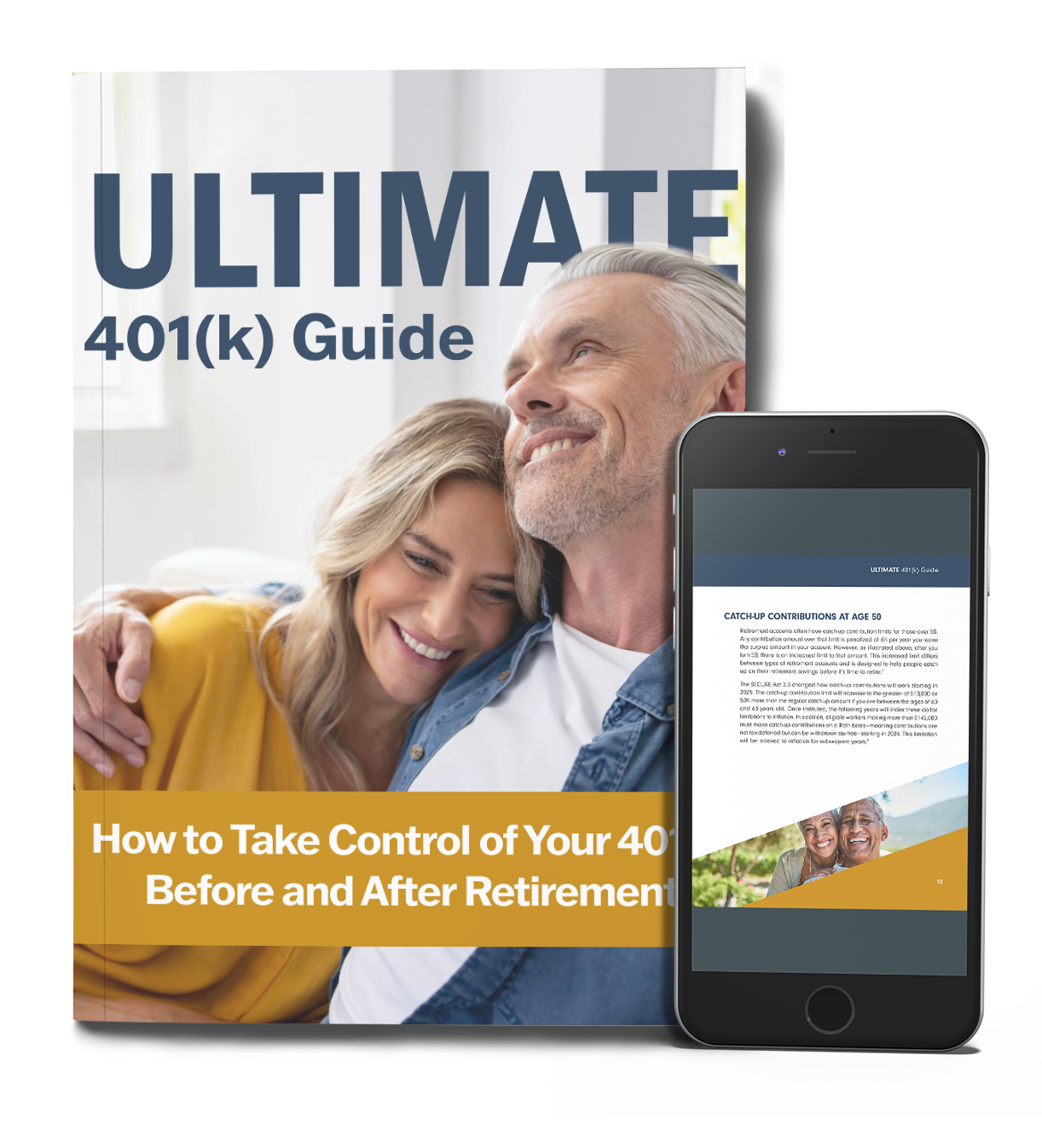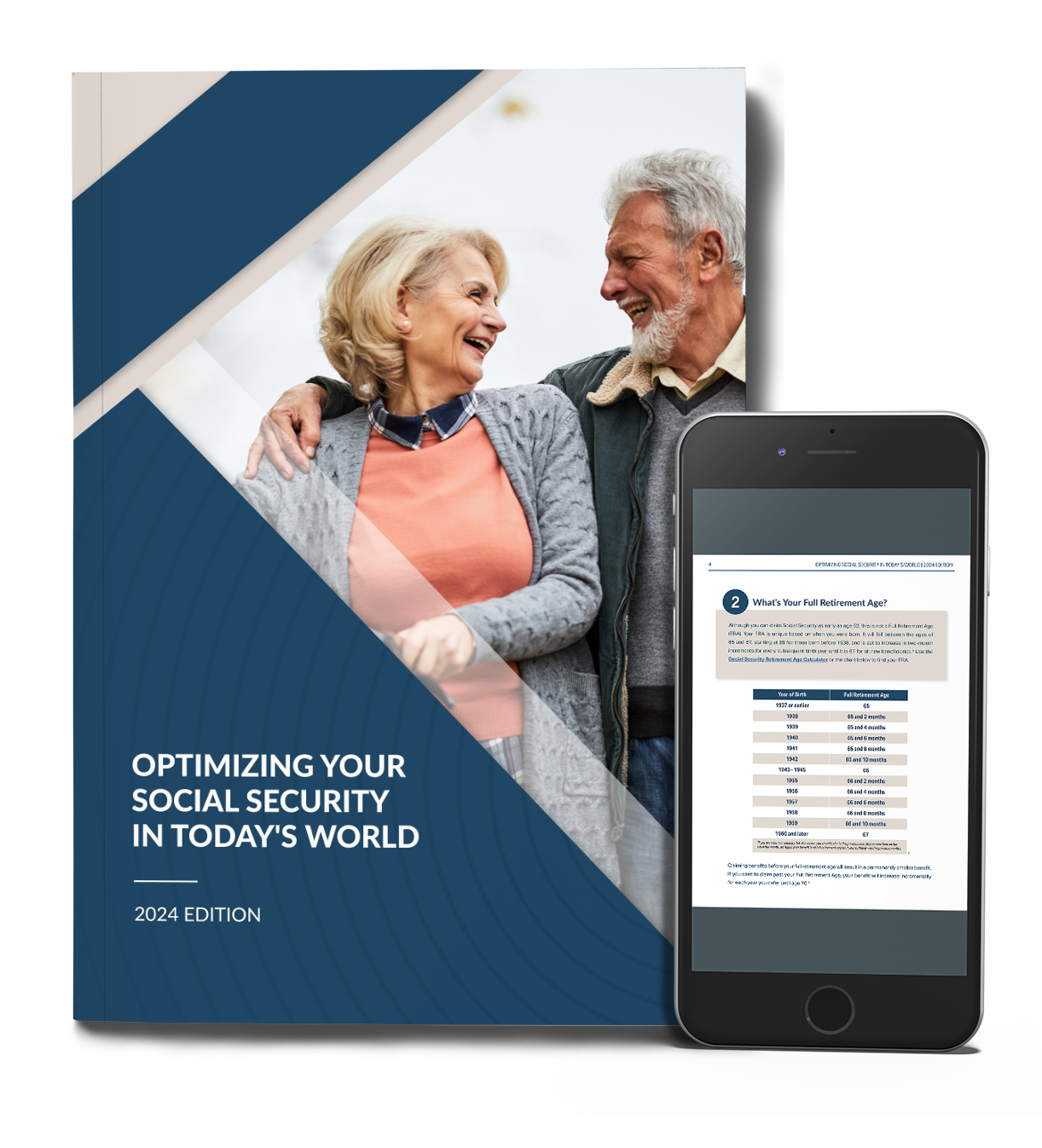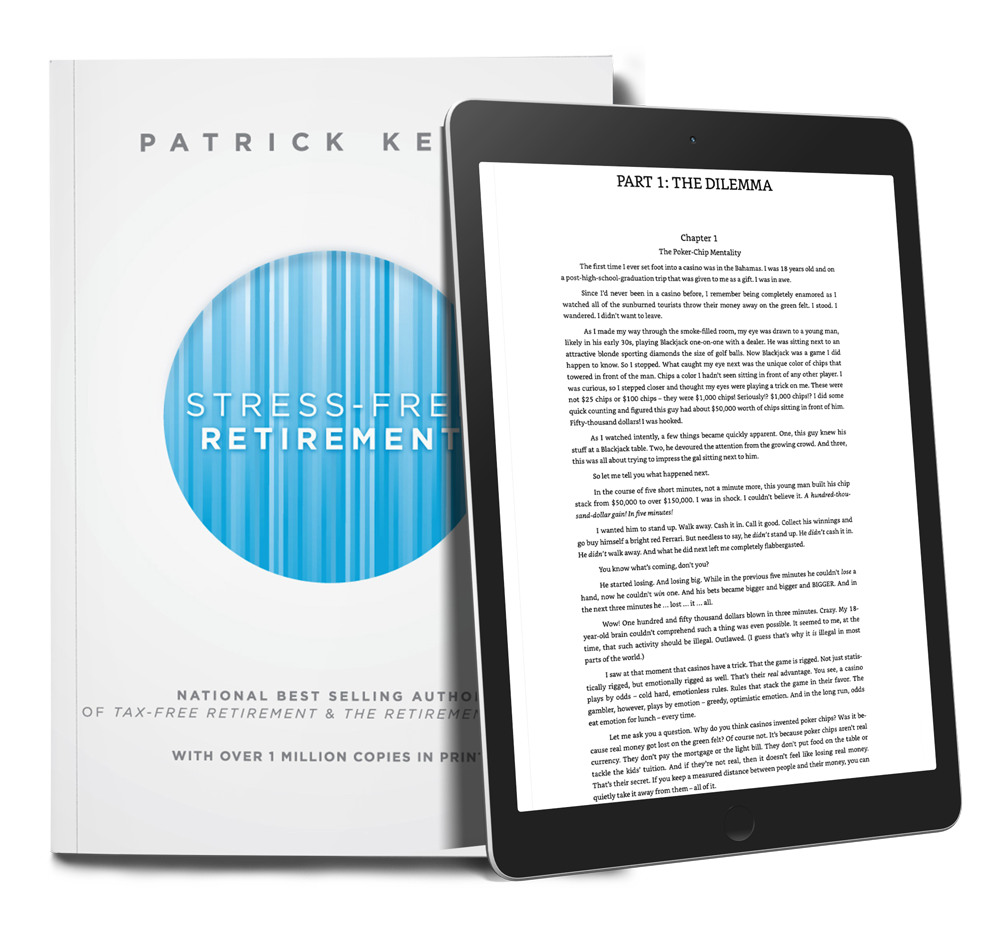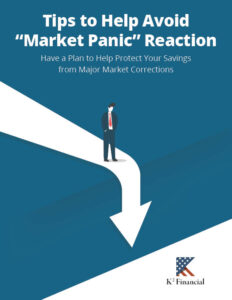When considering life insurance options, weighing all factors before deciding is crucial. One such option is variable life insurance. This product combines protection with an investment component, which may appeal to individuals who are comfortable with market risk and are pursuing long-term financial goals. However, it is not appropriate for all investors. Here’s what to know before buying a policy.
What is variable life insurance?
Variable life insurance includes a death benefit, a cash value account, and investment subaccounts tied to market performance, with gains or losses depending on market conditions. Policyholders assume all investment risk.
Unlike other life insurance products, such as whole or universal life insurance, the cash value of the policy is invested in a range of market-sensitive assets, including bonds, equities, or money market instruments.
Balancing risk and reward
A key feature of is the opportunity—though not a guarantee—for the cash value to grow over time through investment performance. However, this growth potential is balanced with an equivalent level of risk.
- Risk—If the investments do not perform well, the policy’s value can decrease, reducing the cash value and the death benefit.
- Reward—If the policy’s investments perform well, the policy’s cash value may grow, which can significantly increase the death benefit.
There’s no guaranteed return. If the market performs poorly, the policy’s cash value may decline, and the owner may incur losses similar to those experienced in direct market investments. On the other hand, the policy could have significant cash value growth if the market does well.
Is variable life insurance appropriate for you?
Determining the suitability of variable life insurance for your situation can depend on several factors.
Financial situation— Consider a policy if you have maximized other retirement savings options and are seeking additional tax-advantaged ways to save for future goals.
Risk tolerance— If you are comfortable taking on investment risk and have a longer-term perspective, variable life insurance may be an appropriate fit. Be prepared for potential losses as well as gains.
Long-term goals— It can be an effective tool for building wealth over the long term. It can also serve as an estate planning tool, providing heirs with a death benefit typically free from income tax.
Consult with a Professional
Liffe insurance is a complex financial product that combines life insurance protection with investment opportunities. Consulting with a financial or insurance professional can help you understand how variable life insurance works. It’s not for everyone; consider your risk tolerance and long-term goals before purchasing.
SWG4558022-0625 This information is provided as general information and is not intended to be specific financial guidance. Before you make any decisions regarding your personal financial situation, you should consult a financial or tax professional to discuss your individual circumstances and objectives. Variable life insurance is offered by prospectus only. You should carefully consider the investment objectives, risks, charges, and expenses of the policy and its underlying funds before investing. The prospectus contains this and other information and should be read carefully.
In addition, K2 Financial specializes in providing strategies and guidance for those seeking a better retirement lifestyle. As a result, we offer our experience and knowledge to help you design a custom strategy for financial independence. Contact us today to schedule an introductory meeting!



















